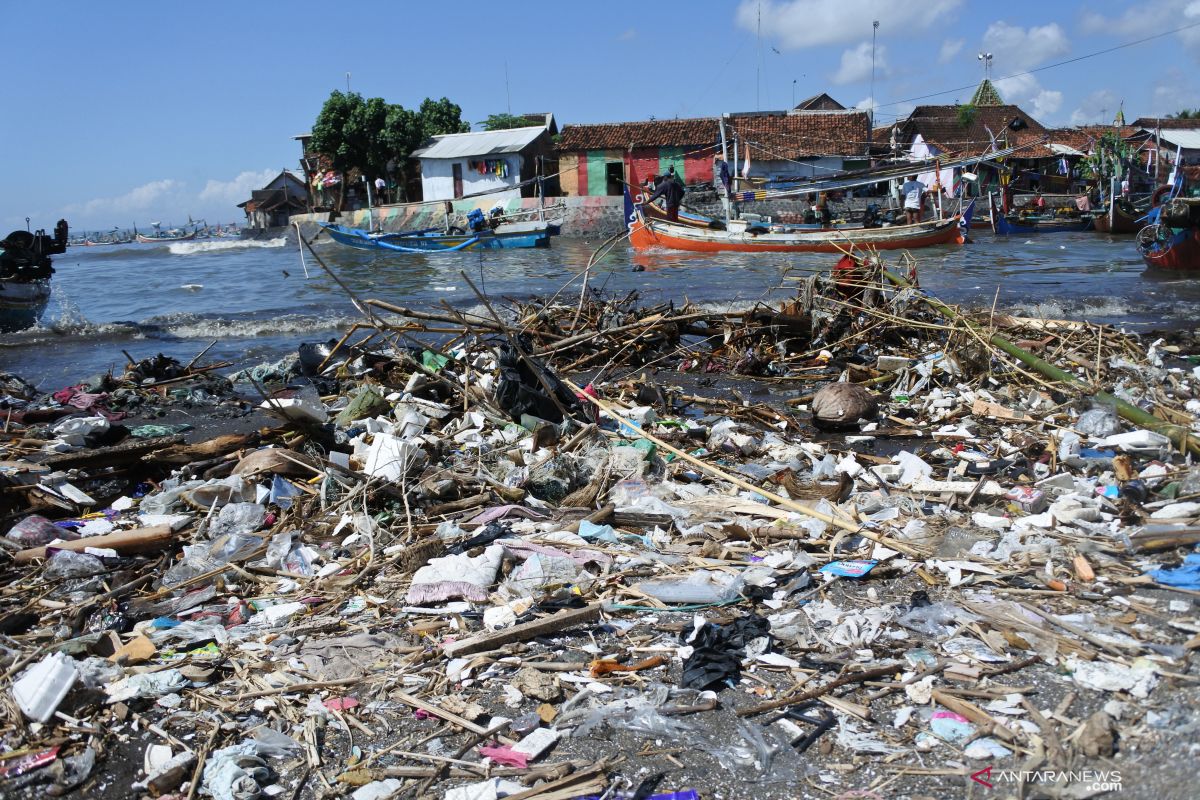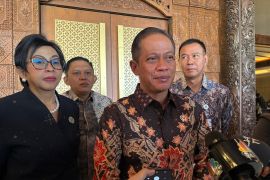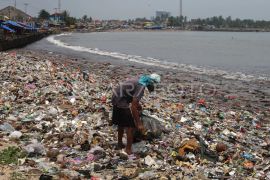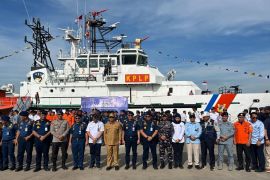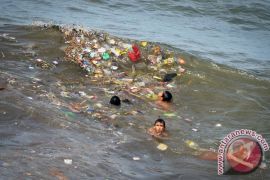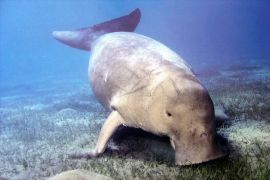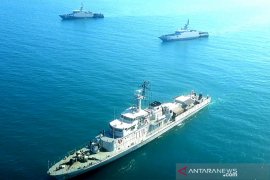"Based on their origins, microplastics are divided into two types, microbeads in cosmetics and the result of degradation from large plastics that may be degraded, either by sunlight or ocean waves, eventually becoming microplastics as we now detect in marine biota," LIPI's polymer researcher Witta Kartika Restu noted on Monday.
In collaboration with Hasanuddin University and Bali Fokus, a non-governmental organization, that examines the presence of microplastics in Indonesian marine and aquatic biota, LIPI found the presence of microplastics in large fish bodies.
Related news: Fisheries Ministry to reduce single-use plastics in fishing ports
However, the impact of microplastics on humans was not confirmed as research had yet to be conducted that found the effects of microplastics in marine biota or human bodies. Hence, more in-depth research is necessitated.
"The existence of microplastics in marine animals is already proven, as our sea is indeed polluted, but we have not found the level of danger. It had until now been categorized as not dangerous," Witta noted.
Large plastics are undeniably dangerous, with some marine animals found lifeless after ingesting large quantities of plastic, but microplastics measuring less than five millimeters in length had yet to be found to have a direct impact on humans.
LIPI plans to conduct a research on the content of microplastics that pollutes the Indonesian Ocean, so that alternative treatments can be found, LIPI's Acting Head of the Center for Deep Sea Research Nugroho Dwi Hananto stated.
The research is planned to be conducted on December 18-25, 2019, at several locations, specifically the Java waters, the Bali Strait to the Makassar Strait.
Related news: Greenpeace recommends ASEAN to curtain single-use plastic production
Translator: Prisca Triferna Violleta/Yashi
Editor: Rahmad Nasution
Copyright © ANTARA 2019
